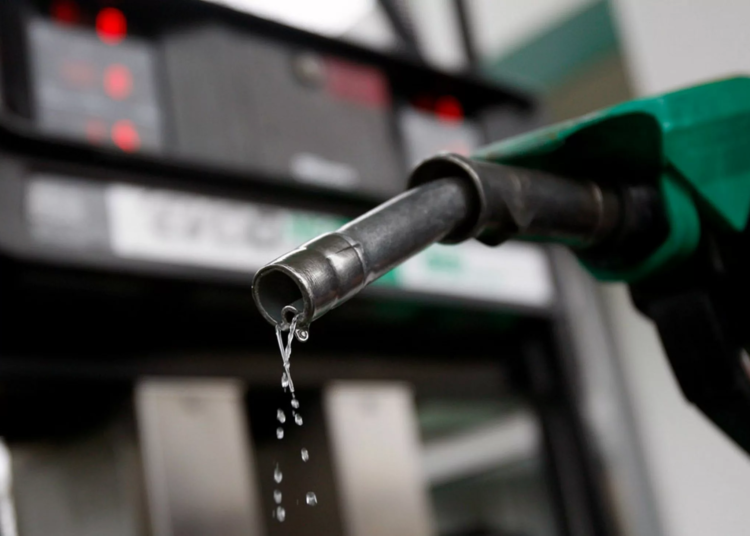T he uncertainty in the downstream petroleum industry which has created uneasiness around market structure, has left Nigerians seeking proper pricing and access to products to end months of anguish suffered by motorists across the country.
Though different layers of marketers associations appear to be accessing products under unregulated and arbitrary pricing environment, the Nigerian National Petroleum Company Limited (NNPCL), has consistently maintained that petrol is available and sells at regulated pump price.
The Natural Oil and Gas Suppliers Association of Nigeria (NOGASA), warned that unless urgent steps are taken by the federal government, fuel scarcity randomly being experienced across the country may become frequent.
It said the development has made the distribution of petrol difficult.The National President of NOGASA Benneth Korie, said the high cost of diesel has raised the operational costs of members thereby impacting on petrol distribution.
According to him, it costs about N70 per litre to move petrol from the depots to filling stations in the northern parts of the country.“The major cost in the supply of petrol is diesel. The high cost of diesel is the reason for petrol scarcity and high price of PMS. AGO is used to transport petrol. The vessels or ships that bring in PMS are powered by diesel. The depots and petrol stations are powered by diesel. So, diesel is at the heart of petrol distribution.
“I have said this before, if you fix the high cost of diesel by lowering the price, it will significantly reduce the pump price of petrol. Subsidy should be on AGO not PMS”, he stated.
Korie noted that many of his members have had to rely on loading from private depots owned by major marketers as government owned depots were empty.NOGASA therefore called on the federal government to shift subsidies from petrol to diesel to reduce the operational cost of distributing petrol across the country.
Praising the intervention of the Department of Security Services (DSS) for the step it took in resolving the fuel supply challenge saying the DSS made things easier a bit.“They were able to do something that made the process easier,” he said.
On the other hand, industry operators see the current situation from the angle offailed institutional capacity.
Authoritative sources confided in the me, saying that the condition the country found itself today is as a result of a near failure in a model adopted by the NNPCL.In the view of operators the company is obviously not capable of sustaining its Direct Sale of Crude Oil and Direct Purchase of Petroleum Product (DSDP) model which it initiated to ensure sustained product supply in the country.
An independent consultant and former executive director of the NNPCL, Bello Rabiu, also faults the operating model of the company’s downstream businesses saying that it has arguably contributed to a difficult investment climate for the private sector and made NNPC the single importer of PMS, limiting the space for competitive market.










